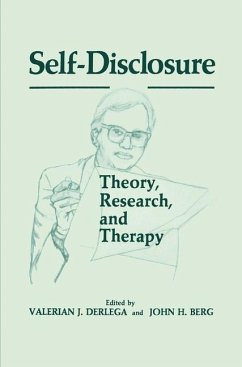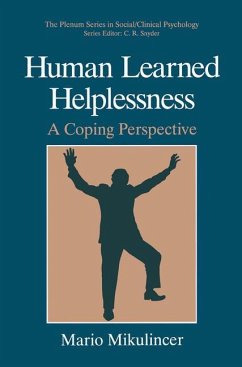
Electrodermal Activity
Versandkostenfrei!
Versandfertig in 6-10 Tagen
167,99 €
inkl. MwSt.
Weitere Ausgaben:

PAYBACK Punkte
84 °P sammeln!
Electrodermal activity is one of the most frequently used psychophysiological evaluations in psychology research. Based on the 1992 edition of this work Electrodermal Activity covers advances in the field since the first publication in 1992. The current volume includes updated information on brain imaging techniques such as PET and fMRI, which provide further insight into the brain mechanisms underlying EDA. In addition, this volume is able to describe more reliably hypotheses that have been successfully tested since the first publication.














